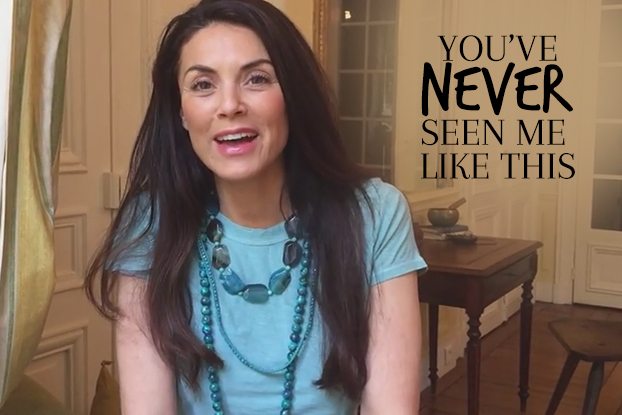
If your partner is a guy, check in with him about how he experiences your teasing. Just because you can’t see it doesn’t mean it’s not there. Having been told to “man up,” boys and men often have effective strategies for covering up their hurt. She identified that she carries a gendered double standard-women can tease men because they are “tough,” but men can’t tease women because it’s cruel. We started to talk about times that she pokes at him, and she reflected, “I can dish it out, but I can’t take it!” I appreciated her willingness to practice self-awareness and humility.
Are there ways that you use teasing too? A client shared with me a story about her feelings getting hurt by something her boyfriend said. Instead, stand up for yourself by letting your partner know that their words cross a line for you and feel hurtful. Resist that urge because it only escalates the situation and creates more distance and tension. Can you stand up for yourself without putting your partner down? When you feel hurt by your partner’s words, it’s easy to fight fire with fire-sarcasm, criticism, defensiveness. I commit to being more careful going forward.” I want him to say some version of, “I can see why that’s a tender spot for you. Once she has shared the story behind her reaction, I want Bill to respond with compassion and care. Further, opening up to him about why his comment hurt gives her the opportunity to collect some really important data: Bill’s reaction. I want Jenna to be able to talk with Bill about that core wound so that he can approach it with gentleness and care. Her family struggled financially as she was growing up, and she felt shame about her ill-fitting hand-me-downs clothes and worn-out shoes that always looked, to her, shabby and messy. For Jenna, being called “Messy Bessy” touches a tender spot that dates back to her childhood. Relationships thrive when partners can expose their tender underbelly and have their sharing met with kindness and care. What would it be like to talk with your partner about why their joke felt so bad? Willingness to be vulnerable is essential for a healthy intimate relationship. Ask your partner what will help them move on. Just look into your partner’s eyes and apologize. As you feel defensiveness rise in you, pause and take some deep breaths. Resist the urge to tell your partner that it’s no big deal. When your hurtful comment is pointed out to you, do you respond with apology or defensiveness? If your partner tells you that your words hurt them, resist the urge to explain yourself. If you think you resort to teasing because the climate of your relationship is such that you can’t raise a concern in a direct way, this is a problem that warrants both of your attention. This needs to be the case even if your partner doesn’t share your concern or wishes you didn’t have this concern. 
Healthy intimate relationships have this as a guiding principle: “If it’s a concern for you, it’s a concern for me.” If you are upset or troubled by something in your relationship, you need to be able to turn toward your partner, raise your concern, and have that concern validated and addressed. If this resonates for you, view your teasing as a symptom of a larger relational problem: concerns cannot be aired in a direct manner, so they are getting aired indirectly via teasing.
#You said you were going to prank me how to
What is the concern or yearning that hides behind your teasing? Sometimes we use humor because we feel unsure about how to raise a concern.Connect with how that feels and see if that awareness leads you to make a different choice. I also invite you to bring your awareness to the fact that your partner might be building up walls to protect themselves from your words. I invite you to connect with the way that teasing felt before you built up walls to protect yourself from pain. That hurt my feelings!” The only choice then is to thicken up your skin, to detach from your authentic response in order to survive. A little person who is growing up in a family like this cannot say to the big people who hold all the power, “Ouch. How did your family of origin “do” teasing? What I often see is that the teaser grew up in a family that used sarcasm carelessly and thoughtlessly, perhaps even emotionally abusively.I want to provide you with some questions to invite reflection and conversation.





 0 kommentar(er)
0 kommentar(er)
